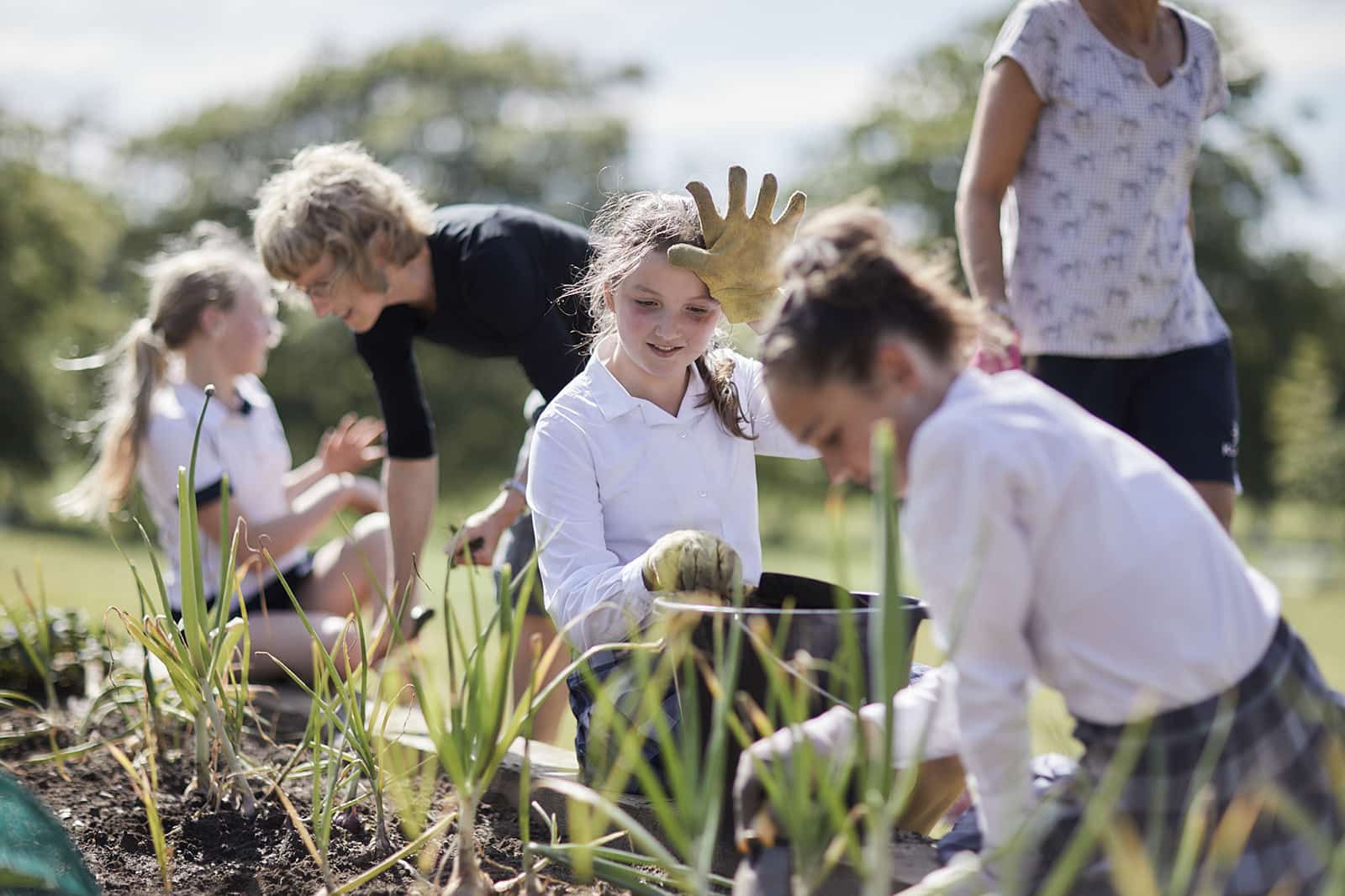Pupil wellbeing is our single biggest priority. We want your child to be happy and well looked after. We want them to enjoy their time at Epsom, but we also want them to feel supported should they experience any bumps in the road.
Throughout your child’s here, they will be supported by an extensive network of staff who are responsible for their emotional and physical wellbeing.
This network includes all of the teaching staff, the majority of whom are tutors (either in the Lower School, or further up the College in our day and boarding Houses). The Houses themselves, which you child joins in Year 9, each have a Housemaster or Housemistress, a Deputy Housemaster/Mistress, a Matron, and Tutors for every 8 or 9 pupils (with individual tutors in Sixth Form).
Key pastoral staff have received Mental Health First Aid training, which is regularly updated as part of a wider programme of seminars, workshops and training on issues relating to teenage mental health.
Positive Wellbeing
Wellbeing for too long has focused solely on the support available to children if something goes wrong. At Epsom we believe prevention is more powerful and longer lasting than cure.
We want to support your child to make the right choices from the very start. Choices that will help them to avoid some of the potential traps that lay in wait during the teenage years. And if they do occasionally make mistakes, we want to have helped them develop their character so they can face adversity with strength, resilience and positivity. We include wellbeing in all aspects of your child’s education and co-curricular activities. Pupils gain the tools to deal with challenges as and when they arise, and we encourage them to become a cheerleader for themselves and their peers.
We place significant focus on positive wellbeing through our College values: kindness, ambition and integrity. Your child develops the skills and resilience to cope at a time of great change in their lives and will be supported in their thought processes and decision making.
We see children’s confidence dramatically grow as they are encouraged to try a wide range of activities and develop new interests. Choosing to play a sport they’ve not tried before, attempting a skill such as calligraphy or developing a new interest, for example, building and driving electric racing cars. It is in these moments — new discoveries, stepping out of a comfort zone — that we see children flourish.



